
Mastering the Data Science Interview: A Comprehensive Preparation Guide
Oct 09, 2025 6 Min Read 2604 Views
(Last Updated)
Are you ready to turn your data science knowledge into a job offer? You’ve completed the courses, built a few projects, maybe even earned a certificate or two, but now comes the real test: the interview.
For fresh graduates entering the competitive world of data science, the interview stage can feel daunting, and your mind races with many questions. What should you expect? What topics matter most? How do you stand out when everyone’s as skilled as you?
In this article, we’ll walk you through a structured approach to ace your data science interviews. We’ll cover what to expect in the interview process, how to prepare for technical topics, how to sharpen your behavioral and communication skills, and the importance of portfolio building and mock interviews. Let’s get started!
Table of contents
- Understanding the Data Science Interview Process
- Strategies To Prepare For Technical Rounds
- Programming (Python/R) and SQL Skills
- Machine Learning and Algorithmic Concepts
- Statistics and Probability Fundamentals
- Data Cleaning and Data Visualization
- Non-Technical Preparation (Behavioral and Soft Skills)
- Excelling in Behavioral Interviews and Communication
- Building a Strong Portfolio and Resume
- Conclusion
- FAQs
- What are the key topics I should focus on for a data science interview?
- How can I effectively prepare for behavioral interview questions?
- Is it necessary to have a strong background in programming for data science roles?
- What types of projects should I include in my portfolio to impress interviewers?
- How can I stay updated with the latest trends and tools in data science?
Understanding the Data Science Interview Process
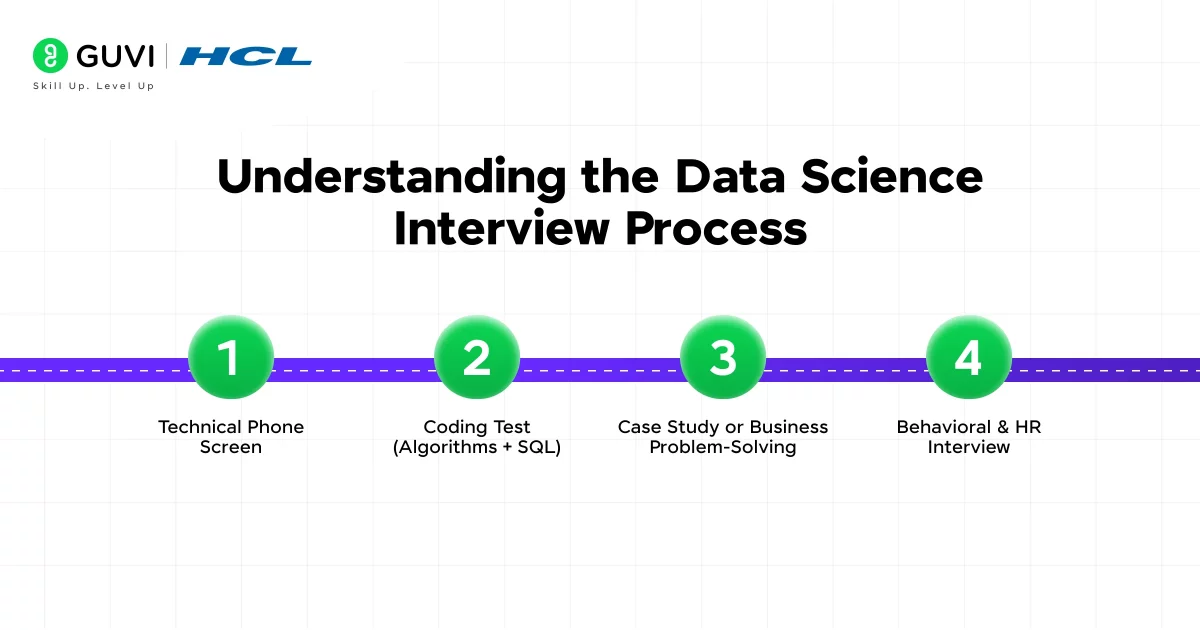
Data science roles often have multi-stage interview processes designed to evaluate different skill areas. While every company’s hiring steps differ, most data science interviews include a mix of technical assessments and behavioral evaluations.
Most hiring processes will have several of the following rounds (not necessarily in this order):
- Technical Phone Screen: A 30–45 minute call with a data scientist or engineer, focusing on basic technical knowledge in areas like Python, SQL, and machine learning.
- Coding Test (Algorithms + SQL): Many companies use an online coding assessment or take-home test to evaluate your programming skills. You may face short coding challenges and SQL queries involving joins, aggregations, etc.
- Case Study or Business Problem-Solving: This round evaluates your ability to apply data science to business scenarios. You might be given a case study or asked open-ended questions like how to detect fraud or reduce customer churn. The focus here is on your problem-solving approach, analytical thinking, and product sense.
- Behavioral & HR Interview: Finally, most processes include a behavioral or HR interview to assess your soft skills, teamwork, and culture fit. Expect questions about your past experiences, challenges, and working style.
Strategies To Prepare For Technical Rounds
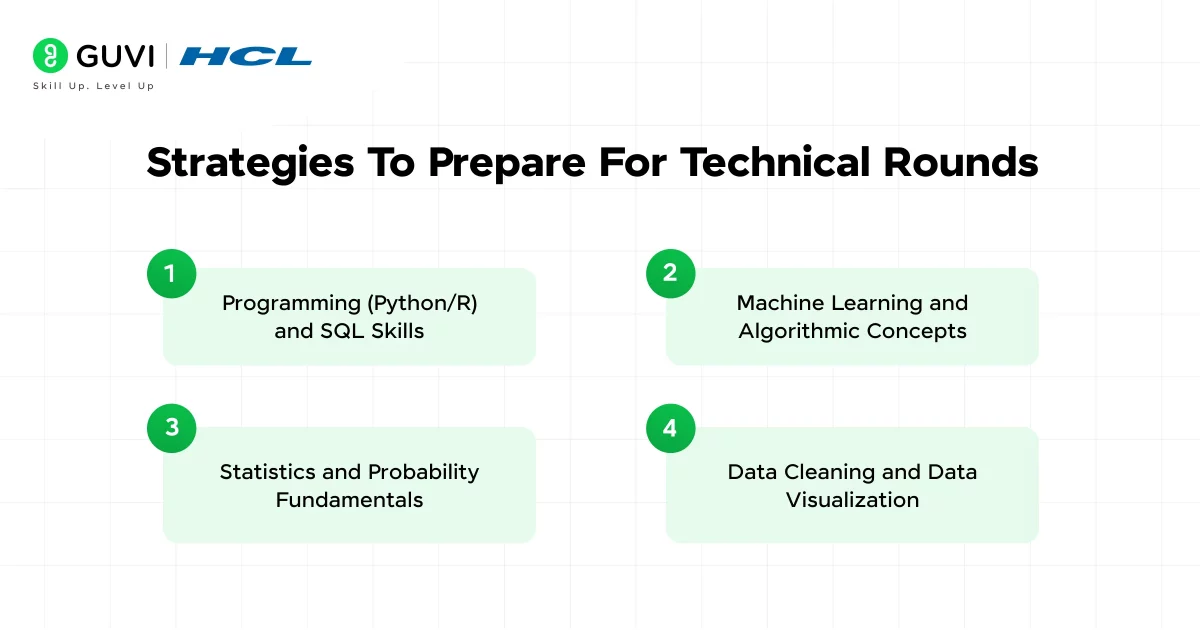
Technical skills are the foundation of any data science interview. As a new graduate, you’ll need to demonstrate that you can write code, understand algorithms, work with data, and interpret results. Here, we outline key technical areas and how you can prepare for each:
1. Programming (Python/R) and SQL Skills
Proficiency in programming is a must-have skill for data science roles. Most companies expect you to code in Python or R for data analysis, and SQL for database queries. In interviews, you might be asked to write snippets of code to manipulate data or solve algorithmic problems, either on a whiteboard or in a live coding environment
How to prepare:
- Brush up on language basics: Make sure you’re comfortable with Python or R syntax, data structures (lists, dictionaries, DataFrames, etc.), and common libraries.
- Practice coding challenges: Consistent practice is vital to building confidence. Use platforms like LeetCode, InterviewBit, HackerRank, or StrataScratch (for SQL) to solve data science-flavored problems.
- Review SQL queries: Many entry-level interviews include SQL questions, since data retrieval and manipulation are daily tasks for data scientists. Practice writing SELECT queries with JOINs, WHERE filters, aggregates (GROUP BY), and window functions. You should be able to interpret query results and explain your query step-by-step.
2. Machine Learning and Algorithmic Concepts
Data science interviews invariably include questions on machine learning algorithms and when to use them. As a fresh grad, you’re expected to know the fundamental ML techniques and demonstrate that you can apply them to solve problems.
How to prepare:
- Review common algorithms: Make sure you understand and can explain machine learning models such as linear regression, logistic regression, decision trees, random forests, K-Nearest Neighbors, clustering (k-means), and neural network basics.
- Understand model evaluation: Be prepared to discuss how you evaluate model performance. This includes metrics and techniques like cross-validation.
- Stay updated on ML trends: As a new grad, you’re not expected to know cutting-edge research, but it helps to be aware of popular tools and frameworks (like scikit-learn, TensorFlow/PyTorch if deep learning is relevant). If the job description mentions specific methods (e.g., NLP or time-series), ensure you’ve reviewed those areas.
3. Statistics and Probability Fundamentals
A strong grasp of statistics is crucial for data science. Interviewers will likely ask some questions to gauge your understanding of statistical concepts since data interpretation and experimental design rely on them.
How to prepare:
- Refresh core concepts: Revisit the basics like mean, median, variance and standard deviation. Make sure you understand distributions (normal, uniform, binomial, etc.) and can explain concepts like skewness or kurtosis if asked. Key topics include probabilities, common distributions, and A/B testing fundamentals.
- Interpretation and intuition: Some interviewers may present you with results to interpret, like a confusion matrix or an experiment outcome, and ask for conclusions. Practice translating statistical outcomes into plain English.
4. Data Cleaning and Data Visualization
Real-world data is messy, and companies want to know that you can handle data cleaning and transformation. You could be asked how you would deal with missing data, outliers, or inconsistencies in a dataset.
How to prepare:
- Practice data cleaning: Be prepared with strategies for common data issues. Know techniques for dealing with missing values, handling categorical variables, detecting outliers, and normalizing data. If you have worked on projects, think of specific instances where you had to clean data and what you did.
- Know your tools: If you mention on your resume that you used Python or R for data cleaning, be ready for follow-up questions. For example, in Python, you should know how to use pandas to filter or aggregate data, or how to handle date/time data.
- Visualization and storytelling: A data scientist’s job isn’t just analyzing data; it’s also explaining insights to others. You may be asked questions to gauge how you communicate complex information. Familiarize yourself with at least one visualization library (Matplotlib/Seaborn in Python or ggplot2 in R) or tools like Tableau, since these often come up in interviews or at least on the resume review.
- Highlight communication: When talking about any project in your interview, pay attention not just to what you did, but how you communicated it. This is partially a technical skill – creating a graph or interpreting a chart – but it borders on soft skills too.
If you want to know more on what types of questions interviewers commonly ask in Data Science interviews, read the blog – Top 30 Data Science Interview Questions
Non-Technical Preparation (Behavioral and Soft Skills)
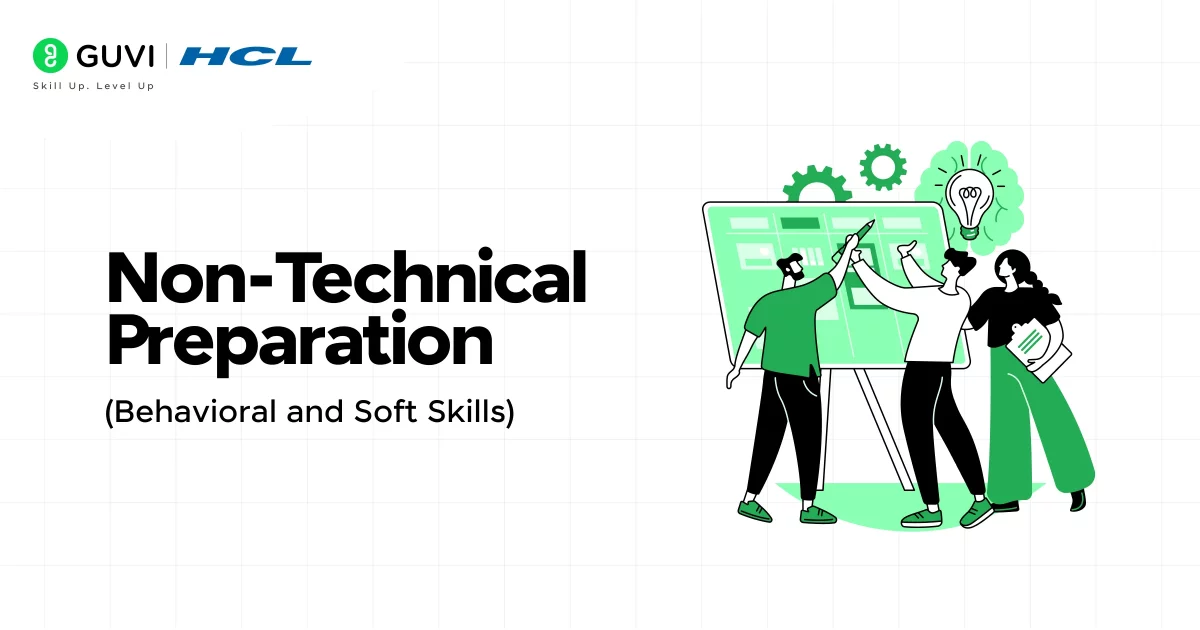
Landing a data science job isn’t only about technical know-how. Companies equally value communication skills, problem-solving approach, and cultural fit. Let’s explore how to prepare for the non-technical aspects:
Excelling in Behavioral Interviews and Communication
Why it matters: Data scientists often work in teams and with stakeholders from non-technical backgrounds. Interviewers want to see if you can collaborate, handle challenges, and communicate effectively. According to experts, failing to communicate your skills and experience is a common interview mistake.
How to prepare for behavioral questions:
- Reflect on your experiences: Spend time thinking about key experiences you’ve had – projects, internships, group assignments, part-time jobs, volunteering – anything that can demonstrate skills like teamwork, leadership, conflict resolution, or perseverance.
- Use the STAR method and quantify results: Always aim to include results or outcomes in your stories, ideally with data. “We improved the model accuracy by 15%” or “Our team placed top 5 in a hackathon out of 50 teams” makes your answer more memorable. Quantifiable results show impact. Even if the result was modest or a learning experience, share what you learned and how you grew from it. This shows reflection and continuous improvement.
- Demonstrate communication skills: In your answers, clarity and brevity are key. Avoid rambling. Also, be ready for questions that test how you would communicate technical information. A classic is, “How would you explain [a technical concept] to a non-technical person?”. Similarly, be mindful of your body language in live interviews: maintain eye contact, sound enthusiastic (but natural), and listen actively. Interviewers notice these subtleties.
- Prepare questions for your interviewer: Almost every interview ends with “Do you have any questions for us?”. Don’t skip this – it’s an opportunity to show your interest and learn more. You could ask about the team’s workflow, what a typical day is like for a data scientist there, or details about a project or tool they use.
- Practice, practice, practice: Treat behavioral prep as seriously as technical prep. Do mock behavioral interviews with a friend or mentor. You can also record yourself answering a question and play it back to self-evaluate clarity and conciseness.
If you want to read more about how Data Science works and its use cases, consider reading HCL GUVI’s Free Ebook: Master the Art of Data Science – A Complete Guide, which covers the key concepts of Data Science, including foundational concepts like statistics, probability, and linear algebra, along with essential tools.
Building a Strong Portfolio and Resume
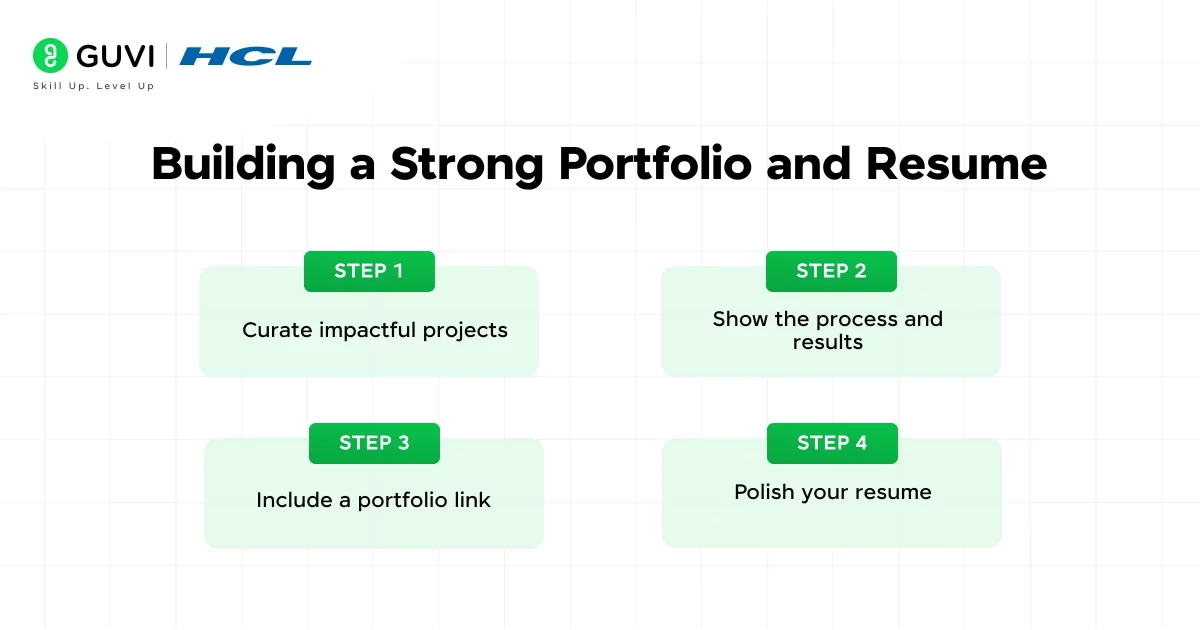
In the competitive field of data science, a compelling portfolio and resume of projects can be your ticket to getting noticed and steering the interview conversation towards your strengths. Many hiring managers look beyond just your grades or coursework – they want to see evidence of your skills in action. Here’s how to make the most of them:
- Curate impactful projects: Select 2-5 projects that best showcase your data science skills. These could be coursework projects, thesis work, Kaggle competition entries, or independent projects you did out of personal interest.
- Show the process and results: For each project in your portfolio, be prepared to discuss not just the outcome but how you got there. Interviewers often deep-dive into projects you list on your resume – they might ask “What was the hardest part of this project and how did you overcome it?” or “How did you ensure your model was valid?” or “What would you do differently if you had more time?”. Make sure you can explain your choices.
- Include a portfolio link: It’s a great idea to create an online repository or website for your portfolio. For coding projects, GitHub is the go-to platform – ensure your code is clean, well-documented, and the README explains the project and results.
- Polish your resume: Your resume should be tailored for data science roles. List technical skills (programming languages, tools, libraries) that you are proficient in, and back them up in your project descriptions. For each experience or project, focus on achievements and outcomes.
Remember, many interview questions will come directly from what you’ve listed on your resume or portfolio. The effort you put into building and understanding your portfolio will pay off when you can confidently answer detailed questions about your work.
If you want to learn Data Science through a structured program that starts from scratch and slowly teaches you everything about the subject, consider enrolling in HCL GUVI’s IIT-M Pravartak Certified Data Science Course which empowers you with the skills and guidance for a successful and rewarding data science career
Conclusion
In conclusion, preparing for a data science interview is a holistic process. With thorough preparation and the right mindset, you can walk into your data science interviews feeling prepared and excited to showcase your abilities. Every question is a chance to tell the interviewer something about how you think and what you know.
By following the strategies from this article, you’re well on your way to acing that data science interview and launching your career. Now, go out there and show them what you can do!
FAQs
1. What are the key topics I should focus on for a data science interview?
Data science interviews typically assess both technical and soft skills. Key technical areas include statistics, machine learning algorithms, data manipulation using tools like Python or R, and data visualization.
2. How can I effectively prepare for behavioral interview questions?
Behavioral questions aim to evaluate your past experiences and how you handle various situations. A common method to structure your responses is the STAR technique: Situation, Task, Action, and Result. This approach helps you provide clear and concise answers by outlining the context, your responsibilities, the actions you took, and the outcomes achieved.
3. Is it necessary to have a strong background in programming for data science roles?
While a solid understanding of programming is beneficial, especially in languages like Python or R, it’s not mandatory to be an expert coder. Employers often look for candidates who can write clean, efficient code for data analysis and model implementation.
4. What types of projects should I include in my portfolio to impress interviewers?
Your portfolio should showcase projects that demonstrate your ability to handle end-to-end data science tasks. This includes data cleaning, exploratory data analysis, feature engineering, model building, and result interpretation. Projects that solve real-world problems or contribute to open-source initiatives can be particularly impactful.
5. How can I stay updated with the latest trends and tools in data science?
Staying current in the rapidly evolving field of data science is crucial. Regularly reading industry blogs, participating in online forums, and attending webinars or workshops can help. Engaging with platforms like GitHub, Kaggle, and Stack Overflow allows you to learn from the community and contribute to ongoing projects.



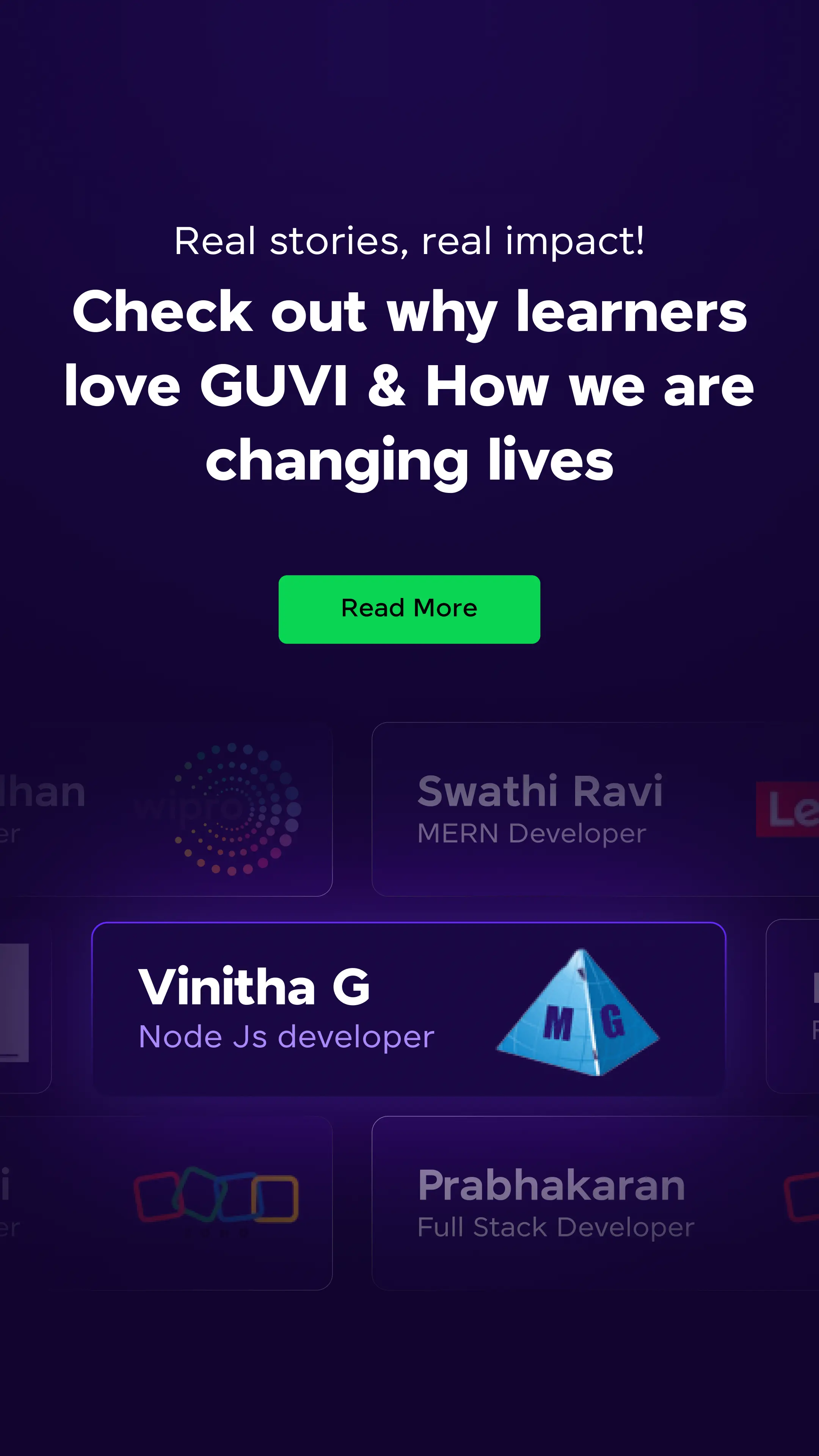












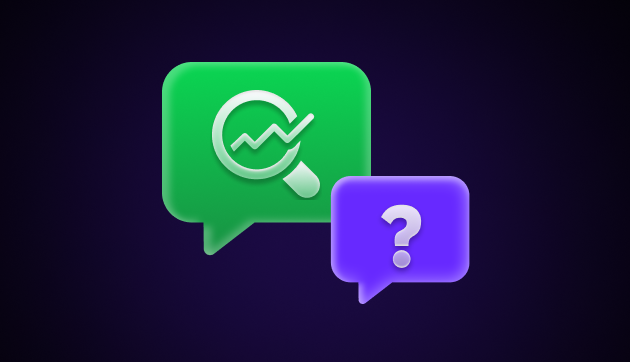


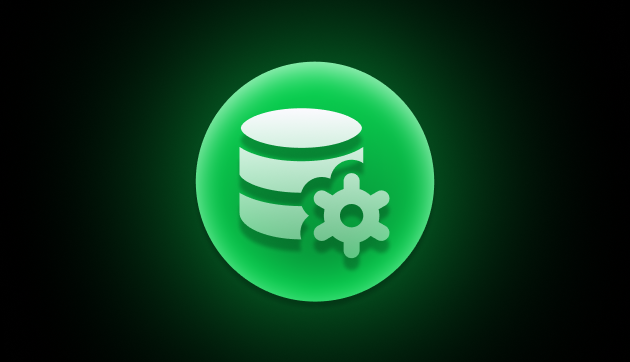

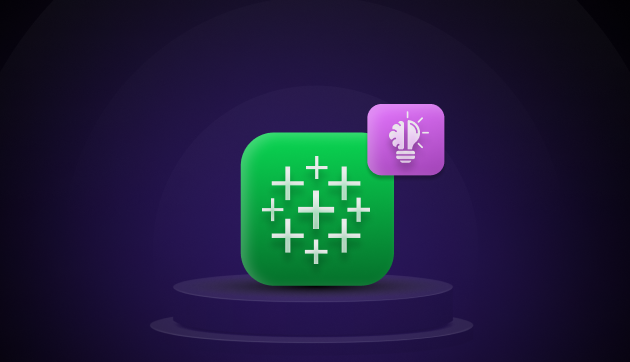
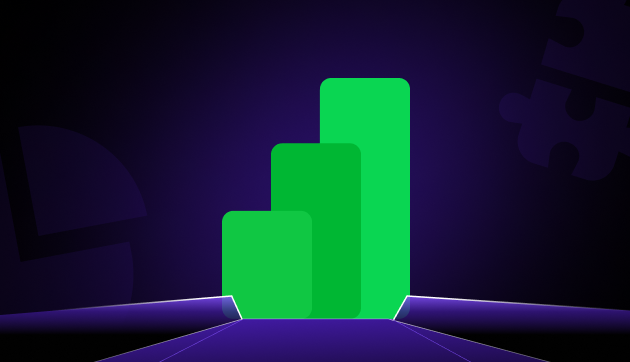
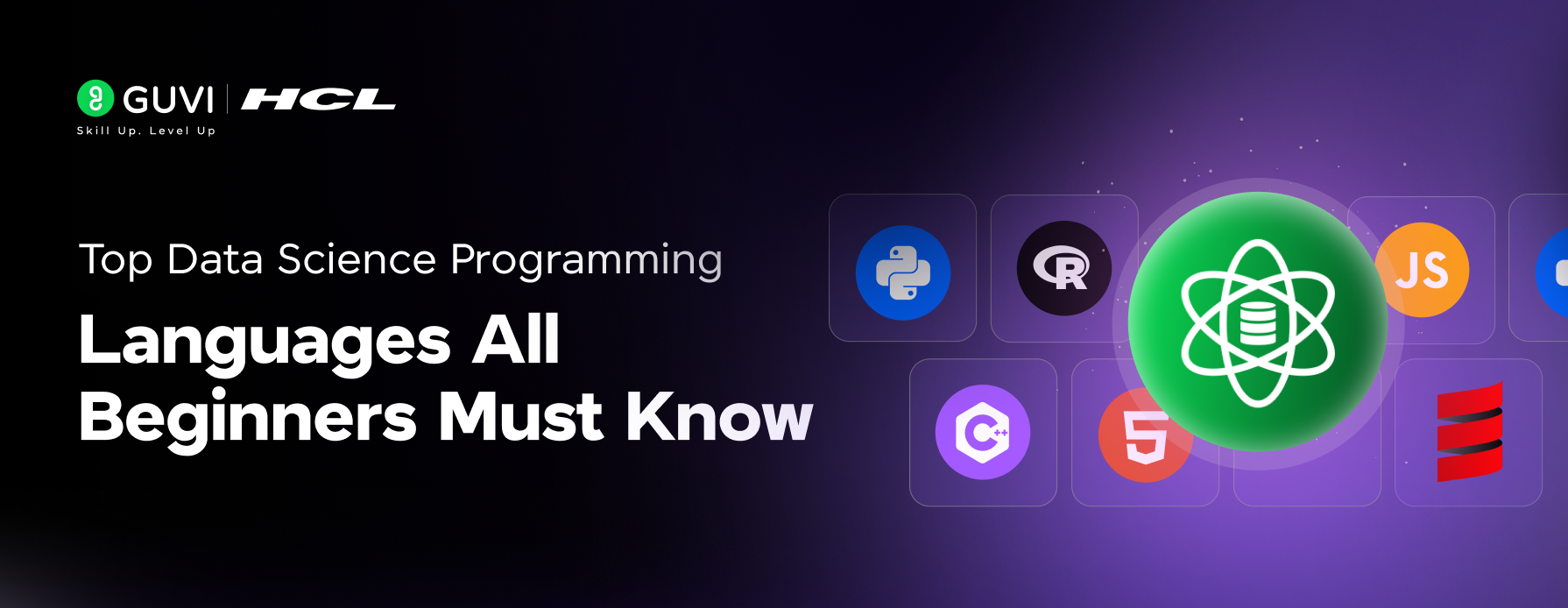
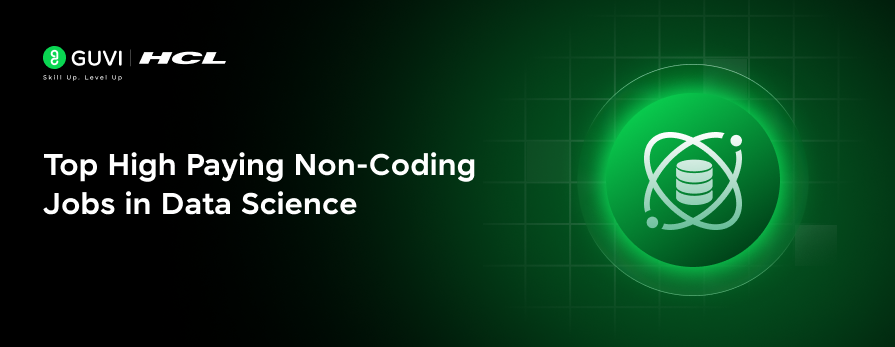




Did you enjoy this article?